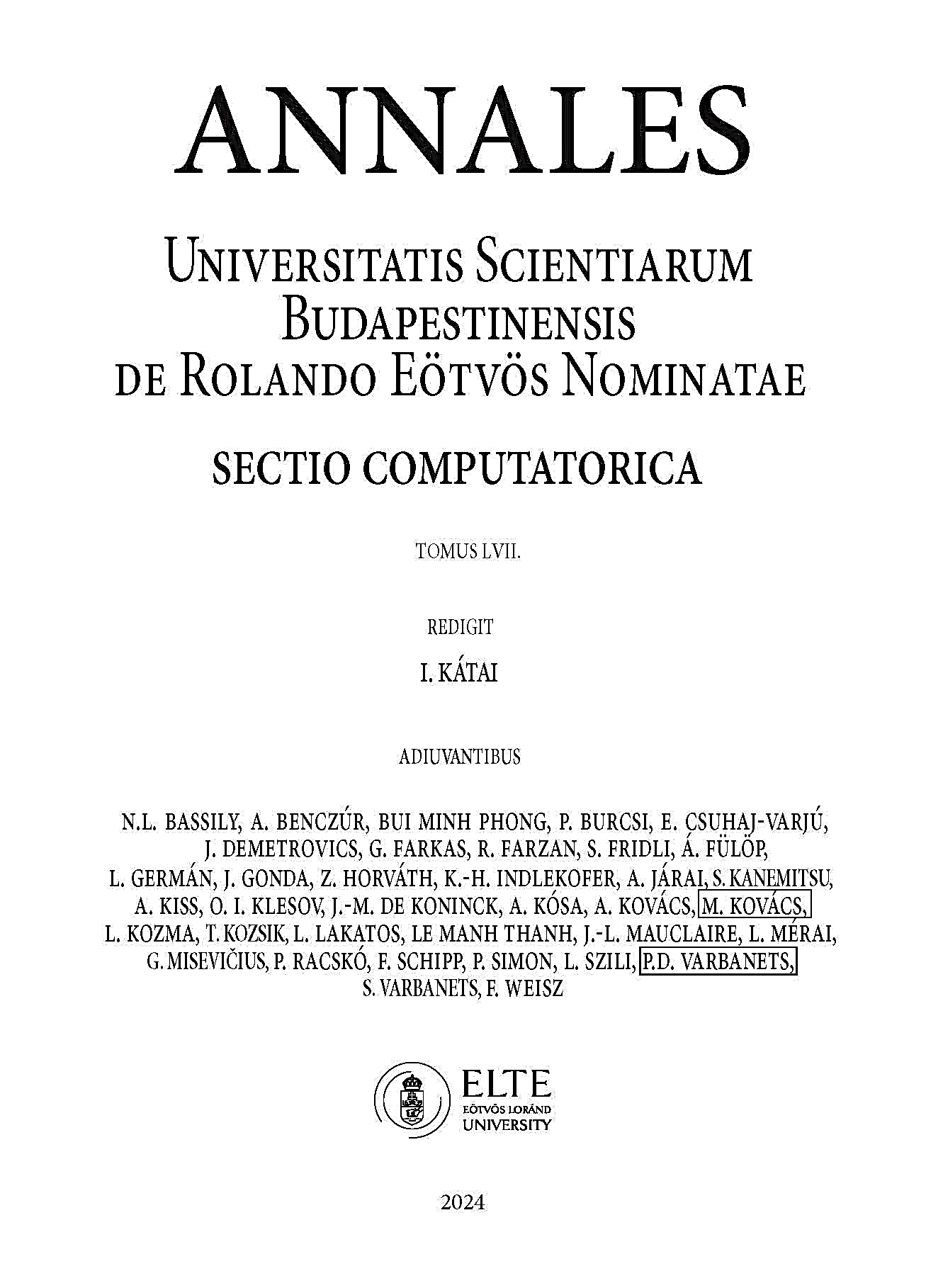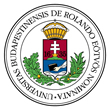https://doi.org/10.71352/ac.57.201
Evaluation of a recursion aware complexity metric
Abstract.
Software metrics are heavily used to measure the complexity, readability, understandability, and maintainability of the source code.
However, the accuracy of these metrics could be improved by considering different new aspects. In our previous research,
we have introduced the Overall Path Complexity metric that takes into account recursion during the calculation of the metrics.
The metric was integrated into the RefactorErl tool and evaluated for the functional programming language, Erlang.
It was found that the OPC looked into new information that had not been evaluated before.
In this paper, we look into how the Overall Path Complexity metric behaves in the context of an object-oriented language, Java.
During the evaluation, we used the SSQSA platform. Observed results for Java examples were compared with other complexity metrics,
such as Halstead (Volume, Effort, Difficulty) Metrics, Unique Complexity Metric, Maintainability Index and Cognitive Metric.
The low correlation between the OPC and other complexity metrics showed that there is new information for Java projects that have
not been evaluated by the other complexity metrics so far. This research shows that besides a functional programming language,
the OPC metrics bring new information for an object-oriented language too.
Key words and phrases. Software complexity, recursion, cyclomatic complexity, overall path complexity.
Full text PDF
 ELTE Eötvös Loránd University
ELTE Eötvös Loránd University